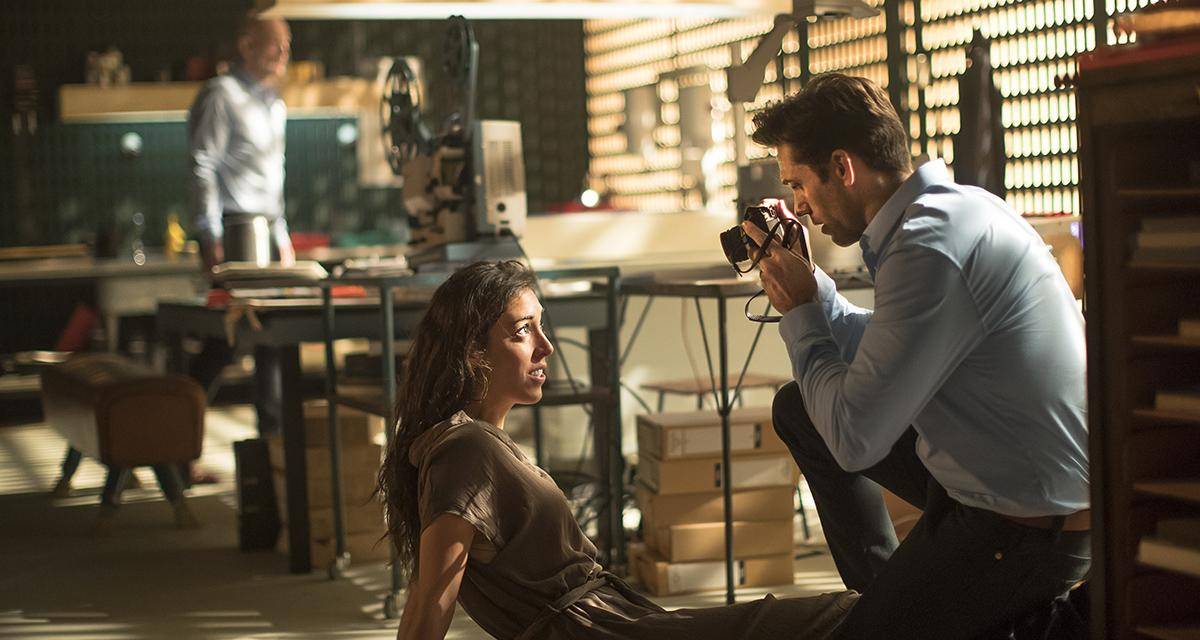Czech composer Leoš Janácek’s song cycle The Diary of One Who Disappeared (1921) is deliberately operatic. Written for tenor and mezzo-soprano, with a chorus of female voices, it tells the story of a boy who falls in love with a gypsy girl and abandons his family to be with her.
This fully staged version at the Royal Opera House adds new songs by Belgian composer Annelies Van Parys, which bring the gypsy girl, Zefka, to the fore. In this production, Zefka is powerful presence, representing an earthy passion as well as the unobtainable, as significant off stage as on. The part is ably sung by French mezzo-soprano Marie Hamard, who imbues the role with strength.
The piece was inspired by Janácek’s meeting and falling in love with the much younger and married Kamila Stösslová – he was 63 at the time, she was 26. The boy represents the composer, desiring what he cannot have, the unobtainable Zefka is Kamila, who didn’t return Janácek’s feelings.
Here, we have an older man, played by Dutch actor Wim van der Grijn, remembering – or rather fantasising about – his younger self. The latter role is taken by tenor Ed Lyon. His acting is excellent, at times passionate, angry, vulnerable and regretful. His voice is wonderful – expressive and emotional, combining power and smoothness.
The link between the fictional boy and real-life composer is made explicit in the final scene as the unnamed man reads extracts from letters addressed to Zefka, taken from some of Janácek’s many letters to Kamila.
The staging is excellent and I can’t help but think the Royal Opera House’s new Linbury Theatre is the ideal place for this sort of production. There are just four performers on stage – the three actors and piano player, Lada Valesová making her Royal Opera debut – and this piece would feel small and overwhelmed on the main stage, but here it is intimate and engaging. I look forward to many more such productions.
Image
Marie Hamard and Ed Lyon star in Janácek’s The Diary of One Who Disappeared (Jan Versweyveld).

